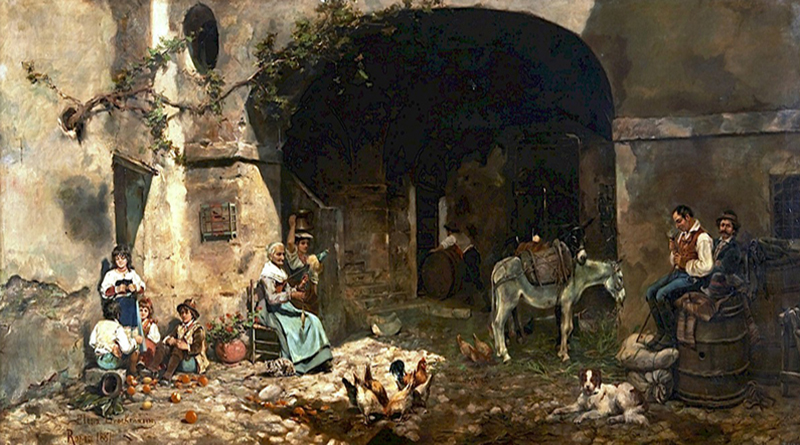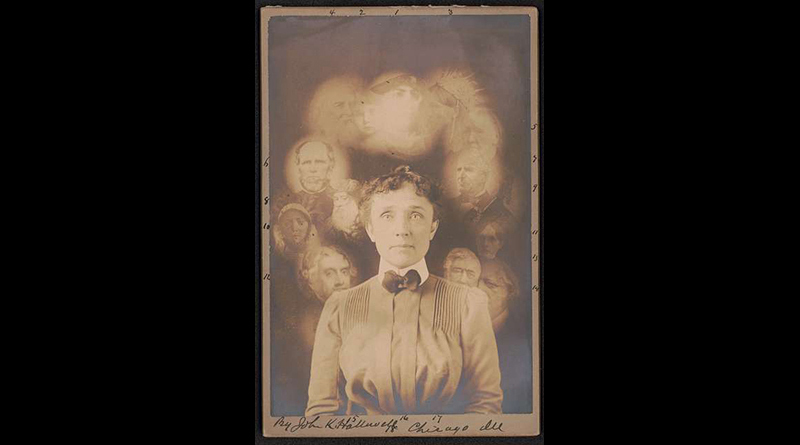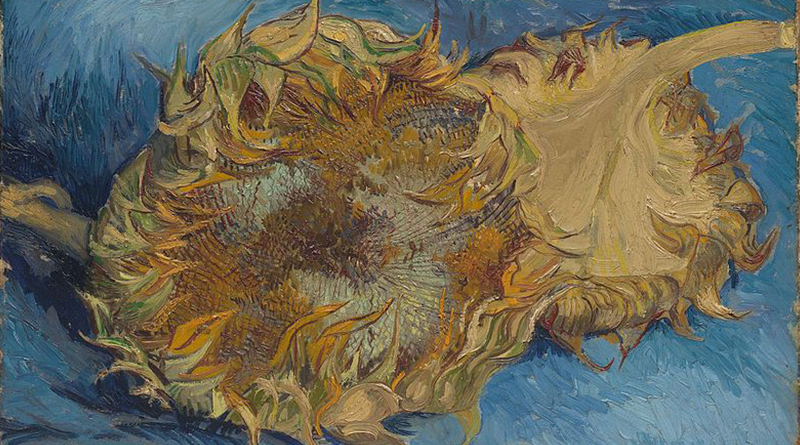After Augustus became emperor in 27 B.C., the Romans established the Cursus Publicus, or the imperial post system, to move the emperor’s mail and officials speedily around the empire. Scattered along the Roman roads were various inns that provided officials with food, lodging, and a change of horses. The Latin word for these inns was tabera, from which is derived the modern word tavern.
Two basic types of inns comprised the Cursus Publicus. The mansio was the most elaborate, and provided fancier facilities. The lesser mutatio was a simple hostel that provided only food, lodging, and a change of animals, hence the name. Mansiones were located about 25-35 miles apart, or a day’s journey. Between the mansiones, mutatios were located at intervals of 10-12 miles. In settled areas, the imperial government drafted existing inns into the Cursus Publicus, and the government built mansiones or mutatios in remote areas. These inns served the general public as well as government officials, although the latter had priority and received free services upon presentation of an official pass.
In heavily populated areas, many private inns operated outside the Cursus Publicus. Country inns provided the expected food, lodging, and change of animals. At the edges of towns and cities, inns called stabularum specialized in taking care of travelers’ animals. Inns within the city proper lacked room for large stables, but they provided various qualities of food and lodging. They also acted as local restaurants, bars, and entertainment centers for their neighborhoods. The most respectable inns were called hospitum or deversorium, and lower-class establishments were called caupona. Some inns provided private or semiprivate rooms, while others offered barracks-style sleeping in a large room that doubled as the dining hall. Lavatory facilities were outdoor latrines or chamber pots in the guests’ rooms. Generally, travelers visited the local public baths to clean up, although the largest and most elaborate inns had their own bathhouses. Inns frequently had connections with brothels, and chambermaids often doubled as prostitutes. These basic features of a Roman inn remained constant in the succeeding inns of the medieval and early-modern eras, with the exception that the cleanliness standards of medieval people were lower.
Archaeological evidence from the Middle East indicates that the khans or caravanserai from Islamic times were the direct descendants of Hellenistic or Roman mansiones. Medieval and Renaissance descriptions of inns are also strikingly similar to Roman inns….
As the hosts of their establishments, innkeepers were expected to play the part with conviviality and honesty. Needless to say, some were more congenial than others. Various laws regulated them through the ages because travelers were particularly vulnerable to dishonest innkeepers. Roman law held innkeepers liable if a guest suffered a theft under their roof, thus making them responsible for the honesty of their servants. Reasonable limits were placed on their liability, and they could protect themselves by providing strongboxes for storing travelers’ valuables. Some innkeepers were themselves dishonest, and served as scouts for bandits and highwaymen. A few even took to the road as highwaymen when a tempting opportunity arose. Overall, most innkeepers were relatively honest, or travel would quickly have ground to a halt. — Ronald H. Fritze, in his book Travel Legend and Lore: An Encylopedia (read for free)







